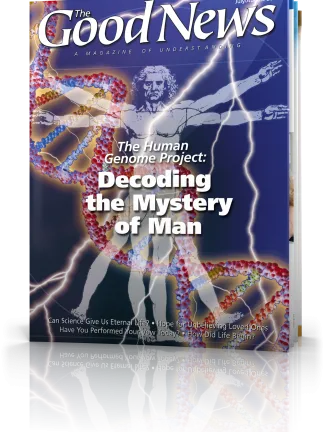Can Science Give Us Eternal Life?
12 minutes
read time
Man has made great strides in technology and medicine, raising the hope that human immortality may be just around the corner. How have these advances come about, and what do they mean for you?



